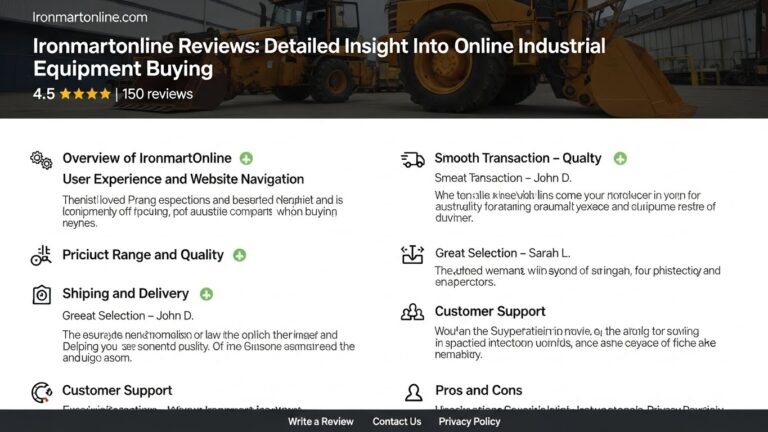Leasing vs. Buying: Which Option is Right for You?
Introduction: Understanding the Difference
When it comes to getting behind the wheel of a new vehicle, two primary options often come to mind: leasing and buying. Each option has its own set of benefits and drawbacks that can significantly impact your wallet, lifestyle, and driving experience. The choice between leasing vs. buying isn’t just about what you prefer; it’s about finding the best fit for your financial situation and personal needs.
Are you someone who loves having the latest model every few years? Or do you value long-term ownership without monthly payments lingering over your head? Let’s explore these paths together so you can make an informed decision that aligns with both your budget and lifestyle goals.
Pros and Cons of Leasing a Car
Leasing a car has its advantages. For many, lower monthly payments are a significant draw. This means you can drive a new vehicle with advanced features without breaking the bank.
Additionally, leasing often covers warranty services and maintenance costs. This reduces your financial burden for repairs during the lease term.
However, there are downsides to consider. Mileage restrictions can be limiting if you enjoy road trips or have a long commute. Exceeding these limits could lead to hefty fees at the end of your lease.
Customization options may also be restricted; leased cars usually need to remain in their original condition when returned. Once the lease ends, you won’t own an asset—you’ll need to start over with another agreement or purchase again.
Pros and Cons of Buying a Car
Buying a car can be an exciting venture. You own the vehicle outright, giving you the freedom to modify it as you please.
One major advantage is that there are no mileage restrictions. Drive as much as your heart desires without worrying about penalties.
On the flip side, purchasing a car usually requires a significant upfront payment or financing with interest rates that can add up over time. Monthly payments may be higher than leasing options.
Depreciation is another factor to consider; cars lose value quickly after purchase. This means your investment diminishes over time, impacting resale value when it’s time for an upgrade.
Yet, owning a car often provides peace of mind and stability in transportation needs. You won’t have to return it after a few years like with leasing arrangements.
Financial Considerations: Monthly Payments, Interest Rates, and Depreciation
When weighing leasing vs. buying, financial factors play a crucial role. Monthly payments can differ significantly between the two options. Leasing typically offers lower monthly costs compared to purchasing outright.
Interest rates also come into play when you decide to buy. A higher rate can inflate your total expense over time, making financing less appealing. On the other hand, leases often have minimal or no interest charges, providing a more budget-friendly alternative for many drivers.
Depreciation is another key consideration. When you buy a car, its value decreases as soon as you drive it off the lot. This loss can be substantial in the first few years of ownership. In contrast, when leasing, depreciation is factored into your monthly payment but doesn’t directly impact your long-term asset value since you’re not owning the vehicle outright.
Understanding these aspects helps clarify which option might align better with your financial situation and goals.
Maintenance and Repair Costs
Maintenance and repair costs are significant factors when deciding between leasing and buying a car. When you lease, the vehicle is usually under warranty for the entire term. This means routine maintenance and unexpected repairs often come at little to no cost.
However, if you buy a car, you’re responsible for all maintenance after the warranty expires. Depending on the make and model, these expenses can add up quickly. High-end cars or those with complex technology may require more frequent service.
Leasing also allows drivers to stay in newer vehicles that typically require fewer repairs due to advanced engineering. On the flip side, owning a vehicle gives you flexibility regarding modifications but comes with risks related to wear and tear over time.
Consider how much time you’ll spend maintaining your vehicle versus enjoying it without worry as you weigh your options.
Lifestyle Factors to Consider
When deciding between leasing and buying, your lifestyle plays a significant role. Consider how often you drive. If you’re frequently on the road for work or leisure, owning might offer more flexibility.
Think about your family situation too. Families may need larger vehicles that suit their needs over time. Leasing can restrict choices if your life circumstances change.
Also, evaluate your desire for new technology and features. Leasing allows you to upgrade every few years without being stuck with outdated models.
Consider where you live. Urban dwellers might prefer leases due to lower maintenance costs and access to newer models with better fuel efficiency.
Your daily routine shapes this decision significantly. Take a moment to reflect on what truly matters in your driving experience as these facets will guide you toward the right choice for your unique situation.
Making the Decision: Which Option is Right for You?
Deciding between leasing and buying a car involves weighing various factors. Start by assessing your financial situation. Can you handle higher monthly payments or would lower, predictable costs be more manageable?
Consider your lifestyle too. Do you enjoy driving the latest models? Leasing might appeal to you with its shorter commitment periods. If longevity matters more, owning could be the better path.
Think about how much you’ll drive as well. Frequent road trips may lead to extra fees with a lease, while ownership provides flexibility without penalties.
Evaluate your long-term plans as well. If moving in a few years is on the horizon, leasing can offer ease during transitions.
Don’t forget personal preferences—some value having an asset they can call their own while others prefer not being tied down with maintenance worries that come from ownership. Each choice carries unique benefits tailored to different lifestyles and needs.
Conclusion
When it comes to the decision between leasing vs. buying a car, the best choice varies for each individual. It hinges on your financial situation, driving habits, and personal preferences.
Leasing offers lower monthly payments and often allows you to drive a newer model with fewer maintenance concerns. It’s an attractive option for those who enjoy flexibility and like having access to the latest features without long-term commitments.
On the other hand, purchasing a vehicle can be more financially beneficial in the long run. You’ll own your car outright once it’s paid off and won’t face mileage restrictions or potential fees associated with wear and tear when returning a leased vehicle.
Consider how much you drive daily, your budget for upfront costs versus ongoing payments, and how frequently you want to change cars. Each path has its merits; understanding what aligns best with your lifestyle will lead you toward making an informed choice that suits both your needs and finances effectively.







